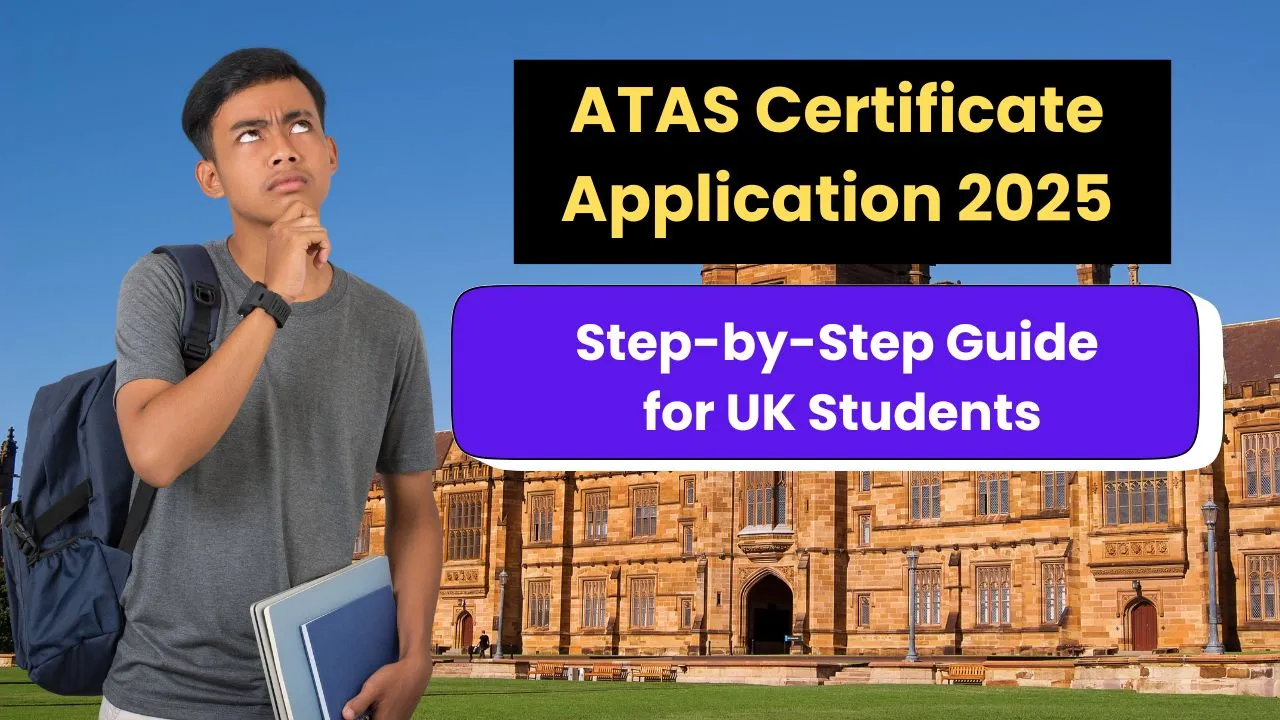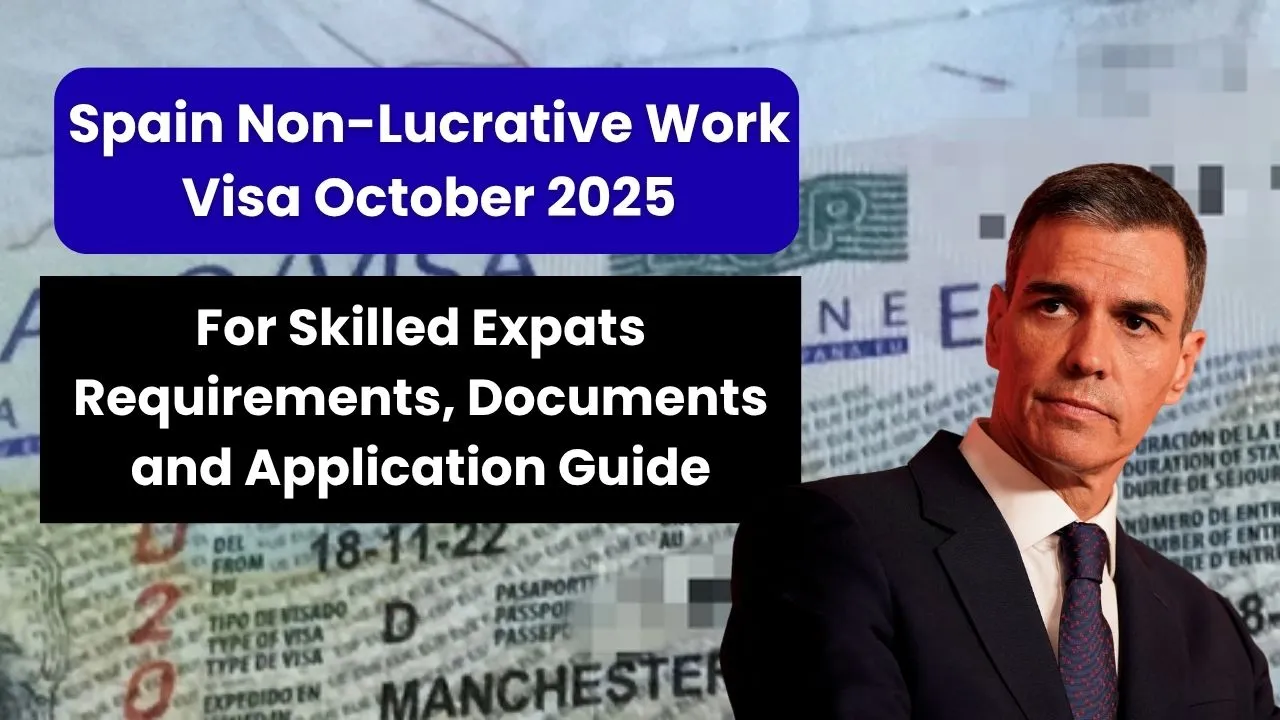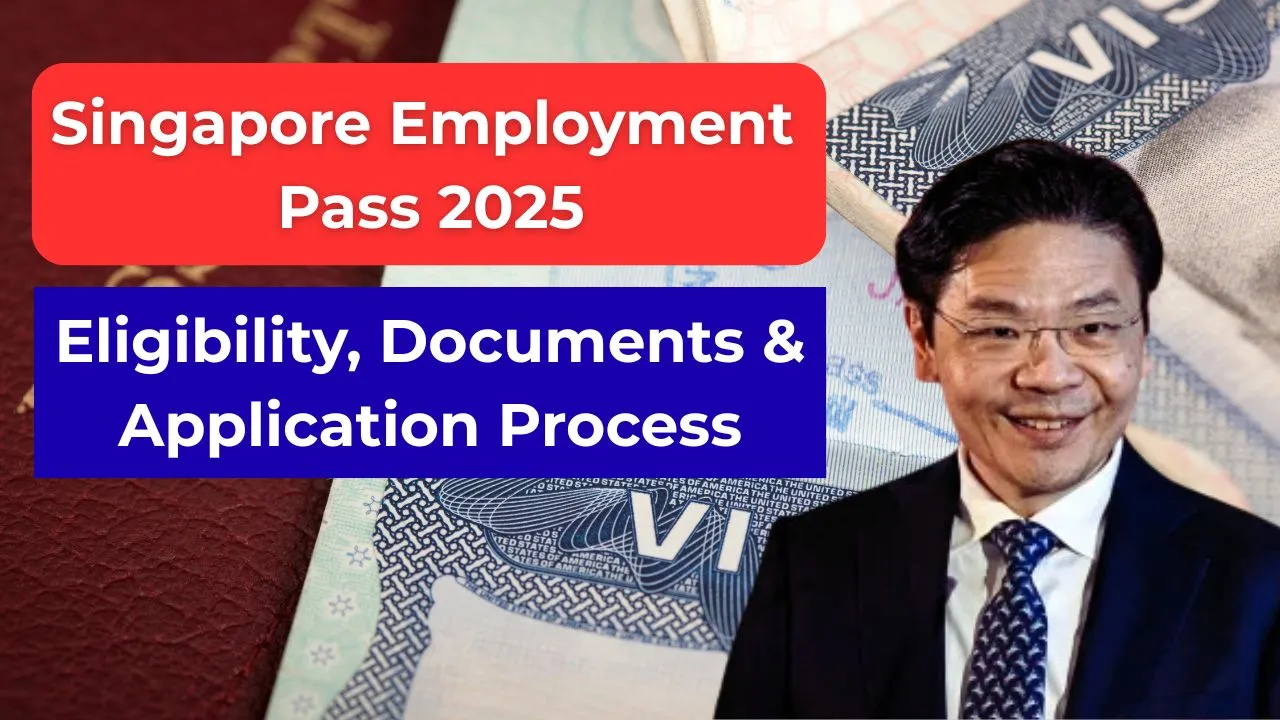This guide summarises the UK Student visa financial requirements and work rights using only official UK government pages and trusted sources.
Financial requirements (maintenance funds)
You must show you can pay your course fees and your living costs.
- Tuition fees: Show funds for the first year of your course (or the full course if it is 12 months or less). You can deduct any tuition deposit shown on your CAS.
- Living costs (as set out by GOV.UK):
- Studying in London: £1,334 per month, for up to 9 months
- Studying outside London: £1,023 per month, for up to 9 months
- When you do not need to show funds: If you have been in the UK with valid permission for 12 months or more on the date you apply to extend/switch, UKVI normally does not ask for financial evidence.
For thresholds and exceptions, see the GOV.UK guidance on the money you need for a student visa (https://www.gov.uk/student-visa/money).
Accepted financial evidence
Provide proof that your funds are real, immediately available, and held for the required period.
- What UKVI accepts:
- Personal bank or building society statements (yours or a parent/guardian’s, with consent and proof of relationship)
- Official financial sponsor letter (for example, government or international scholarship) showing what costs are covered
- Student loan letter from a regulated lender
- Holding period:
- Funds must be held for a continuous 28-day period
- The statement/letter must be dated no more than 31 days before you apply
- Practical tips:
- Ensure names, account numbers, currency, and closing balance are clear
- Match amounts to your CAS (fees due minus any paid deposit)
- Keep documents in English or provide certified translations
Full definitions and document formats are set out on the GOV.UK money guidance (linked above).
Also Check: UK Skilled Worker Visa October 2025: New Salary Thresholds and Sponsor Updates
Work rights during your studies
Your work conditions depend on your course level and your sponsoring institution.
- If you study full-time at degree level or above at an approved higher education provider:
- Up to 20 hours per week during term time
- Full-time during official vacation periods
- If your course is below degree level:
- Up to 10 hours per week during term time
- Not allowed:
- Self-employment or business activity
- Work as a professional sportsperson or entertainer
- Work placements that are an assessed, integral part of your course are allowed (your CAS and university will set the limits).
Check the official GOV.UK student visa work rules (https://www.gov.uk/student-visa/work).
Post-study work: Graduate route
After successfully completing an eligible UK degree, you may be able to stay and work under the Graduate route.
- Length: 2 years for most graduates; 3 years for PhD/doctoral graduates
- Work: Open work rights (no sponsorship required); you can take most jobs and change employers
See GOV.UK: Graduate visa (post‑study work) (https://www.gov.uk/graduate-visa).
Switching to a work visa (after your course)
Many graduates move into sponsored work.
- General position: You can switch to a work route (for example, Skilled Worker) after you complete your course
- PhD students: UKVI has allowed switching after 24 months of study (check current rules at the time you apply)
- You will need a licensed sponsor, an eligible role, and to meet salary/skill thresholds
Read GOV.UK: Skilled Worker visa (https://www.gov.uk/skilled-worker-visa).
Dependants (partner and children)
Rules introduced in 2024 restrict most taught-course students from bringing dependants. Students on postgraduate research programmes (for example, PhD and other research-based higher degrees) can normally bring dependants if other conditions are met. Check the latest eligibility and start-date rules on GOV.UK before you apply.
Compliance essentials to protect your visa
- Keep within your weekly work-hour limit in term time
- Attend your course and follow your university’s reporting rules
- Update UKVI if your circumstances change (course, institution, address)
- Keep financial and study records until you receive your decision
Quick-reference table: finances and work rights
| Area | What UKVI requires (per GOV.UK) |
|---|---|
| Tuition fees | Funds for first academic year (or whole course if ≤12 months), minus any CAS-listed deposit |
| Living costs | London: £1,334/month (max 9 months); Outside London: £1,023/month (max 9 months) |
| Evidence period | Hold funds for 28 straight days; document dated within 31 days of application |
| Accepted funds | Personal/parent bank statements, official sponsor letter, student loan letter |
| Work during term | Degree level+: up to 20 hrs/week; Below degree: up to 10 hrs/week |
| Work in vacations | Full-time allowed (check official term dates with your university) |
| Not permitted | Self-employment, business activity, professional sport/entertainment |
| After study | Graduate visa: 2 years (most) or 3 years (PhD); then consider Skilled Worker |
Disclaimer: This guide is based on the latest available updates from GOV.UK. Applicants should always double-check the official GOV.UK website for any new changes.
Frequently Asked Clarifications
Can I combine multiple accounts to meet the funds?
Yes, if all are in permitted names and meet the 28‑day rule.
Can I use someone else’s account?
Only your parent/guardian’s, with written consent and proof of relationship.
Do fee instalments reduce my required funds?
Only amounts already paid and reflected on your CAS or supported by official receipts.
Do unpaid internships count toward my work limit?
UKVI can count unpaid work; follow your university’s guidance and the GOV.UK work rules.






